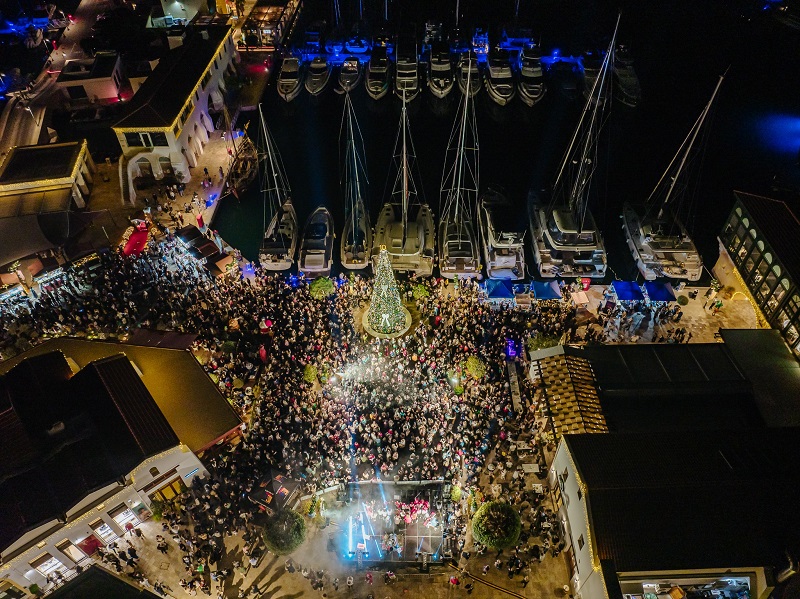Cypriots remain determined to squeeze in at least one more meaningful experience before the year ends, according to a new Mastercard survey covering 20 countries, including Cyprus.
Despite the calendar closing in on 2026, a large share of respondents said they still intend to make the most of the remaining weeks of 2025. The survey, which polled more than 20,000 Europeans, shows that many continue to hold unused annual leave and unfulfilled plans.
Almost half of Cypriot participants (47 per cent) reported having between 7 and more than 20 days of leave left for the year, with the largest group keeping 7–10 days.
Cyprus records the highest proportion of people in this category (69 per cent), placing it ahead of Switzerland (56 per cent) and Bulgaria (55 per cent).
At the same time, Cypriots’ appetite for completing personal goals remains strong. A total of 71.8 per cent said they still have experiences they want to fit into 2025.
Of these, 38.2 per cent aim to complete one key experience, while 33.6 per cent hope to manage several. Their expectations vary. Around 34.5 per cent think it is likely they will succeed, 26.6 per cent feel optimistic and excited, while 36.7 per cent say they want to reach their goals but are unsure they will manage it.
This mindset spans all age groups. Younger respondents remain particularly motivated, with 71.7 per cent of Gen Z and 74.5 per cent of Millennials saying they still have unfinished plans for the year.
A similar pattern appears among older cohorts, as 61.7 per cent of Gen X and 75 per cent of Baby Boomers expressed the same intention. Collectively, the figures show that the so-called “year of experiences” resonates widely across Cypriot society.
Travel remains the clear priority. A trip to a dream destination ranks first among Cypriot respondents (39.55 per cent), followed by trying a new outdoor activity (21.73 per cent) and attending a long-desired performance (19.78 per cent). Smaller shares cited a major sporting event, a visit to a top restaurant, or a Christmas market.
A similar picture emerges at European level. Travelling to a new destination leads the list of planned experiences (40 per cent), while attending a long-awaited show (10 per cent) and either trying a new outdoor activity or visiting Christmas markets (9 per cent each) also stand out.
However, many respondents say they struggled to fulfil their 2025 goals due to limited time or resources. The main obstacles include the need to save more money (23 per cent), waiting for the “right moment” (13 per cent) and a lack of free time caused by work or family commitments (12 per cent).
Another factor is the desire to share these experiences with friends or family, which often pushes plans into the final months of the year.
The finding aligns with earlier Mastercard research showing that many people had prioritised family-oriented experiences throughout 2025.
Even so, confidence levels remain relatively high. More than two in three Europeans (67 per cent) believe they will complete at least one planned experience before year’s end, while just under a third (30 per cent) remain eager but uncertain.
Optimism is particularly strong in Serbia (82 per cent), Sweden (72 per cent), Spain (71 per cent) and France (71 per cent).
The survey also points to shifting spending habits, as many Europeans say they are deliberately cutting back on non-essential purchases to prioritise experiences.
Around 40 per cent are spending less on clothing, 39 per cent on dining out, 38 per cent on luxury goods, 32 per cent on gadgets and 25 per cent on home decor.
Taken together, the findings indicate that Europeans increasingly view experiences as a worthwhile investment. Mastercard notes that 81 per cent consider money spent on such moments “always or usually worth it”.






Click here to change your cookie preferences